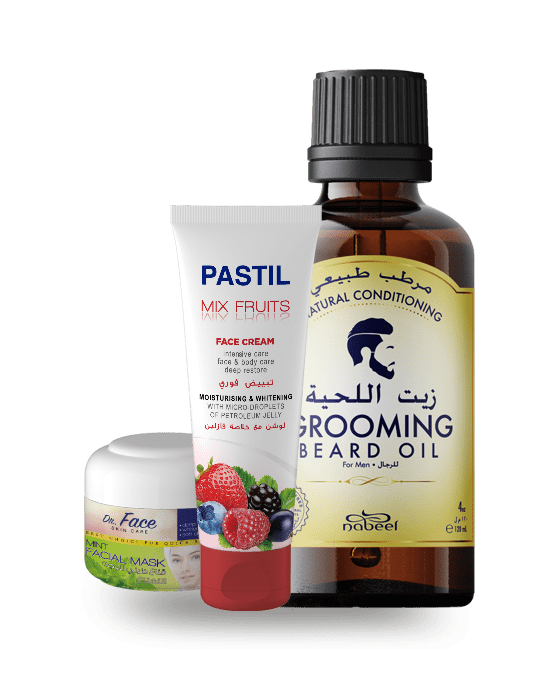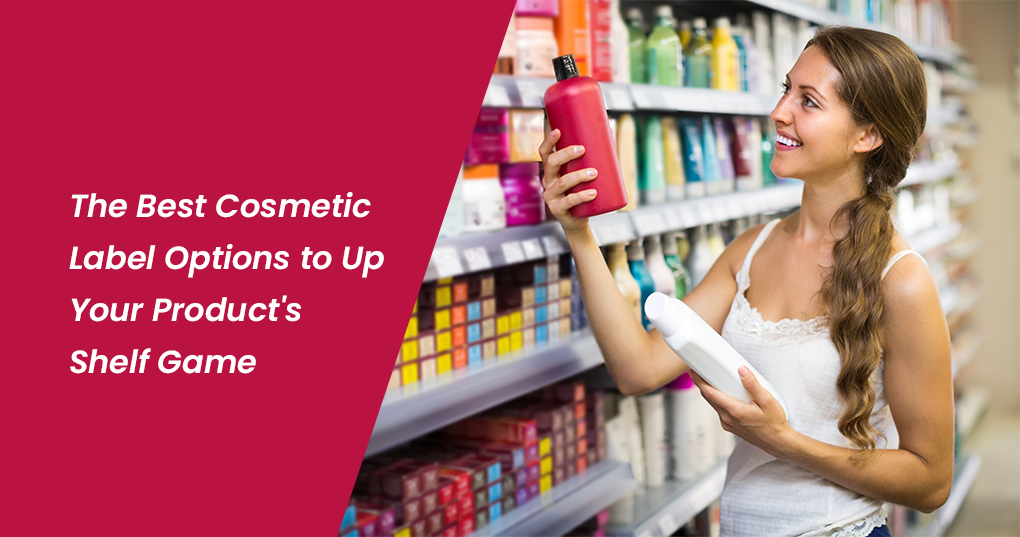
In the competitive cosmetics industry, a product’s label can make or break its success. With many choices crowding store shelves and digital markets, standing out with irresistible packaging is crucial. A product’s label and outer design serve as its brands alike to align with their ideal audience. The wholesale cosmetics private label also reinforces the product’s purpose and allows shoppers to differentiate it from competitors. Read on as a billboard, announcing what makes it special at first glance.
Selecting the right label options allows startups and established we explore the best practices and materials for creating winning cosmetic labels.
Launching or revamping a cosmetics line offers many decisions about labels and branding. Several factors go into designing packaging that propels products into shoppers’ carts and daily routines.
A label is a mobile billboard announcing a product’s purpose and brand image. Colors, fonts, wording, and design elements should instantly communicate the brand’s personality and style. Consistent visual cues like color schemes help shoppers quickly identify products from their favorite lines.
Labels should resonate with a brand’s ideal buyers. Teen lines may favor loud prints, bright colors, and bold fonts, while classic lines opt for sleek, upscale designs. Gender-specific packaging taps into what each demographic finds appealing.
Labels differ based on the product and format. Vibrant eyeshadows may pair best with transparent lids to display colors, while cleansers and creams benefit from opaque labels, conveying a sense of richness. Take care to select materials and adhesives suited for each formula.
In crowded retail displays, cosmetic labels must catch the eye and make shoppers reach for the product to learn more. Special finishes, striking colors, intriguing patterns, and smart wording help break the clutter.
Eco-conscious shoppers will notice label choices aligning with green values, like recycled materials, natural dyes, non-toxic inks, biodegradable adhesives, and plastic-free, zero-waste options.
Once you have defined your brand identity and style, the next step is selecting label materials. The substrate profoundly impacts aesthetics, functionality, cost, and sustainability. Weigh the pros and cons of each when finding your perfect match.
The most common and economical label material, paper, offers full creative freedom. Brands can print colors, graphics, and finishes on various paper stocks. Many now offer recycled papers with upscale textures. The downside is paper absorbs liquids and humidity, making it unsuitable for wet products.
PET (polyethylene terephthalate) film yields high-quality printed labels resistant to most cosmetic formulas and moist environments. PET is recyclable but made from plastics. It works well for labels needing durability and water resistance. Soft-touch finishes are also possible.
This BPA-free plastic gives good moisture resistance and dexterity for labeling curved surfaces. Polypropylene has a higher perceived value than paper. It can also be recycled or made from recycled materials. The downside is losing the tactile feel of paper.
These labels wrap around containers as sleeves and shrink to fit when heat is applied. The full-coverage style allows striking visuals to cover the entire container. But sleeve application requires specific equipment, so low volumes can raise costs.
Metallic foils add flashy touches of shine and depth. Foils can go over other materials like paper to highlight logos and accents. But foil delays label production, requiring special inks and varnishes for application.
Clear plastic films help protect and smooth paper labels, adding sheen and moisture resistance. Films are also an affordable option for simple, no-frills labels requiring waterproofing. However, the material lacks versatility for colorful graphics.
Beyond materials, upgrading label graphics with unique finishes helps products stand out. Special touches make packages more tactile, eye-catching, and intriguing.
Matte laminates add tactile dimension and elegance with their silky, soft-touch feel. Matte finishes also limit glare on metallics and holographic effects. Products like creams and lotions suit matte’s upscale, soothing vibe.
Gloss laminate coatings enhance vibrancy and shine while protecting against scuffs and moisture. The wet-look dazzle works well for makeup, lip products, and hair care wanting to show off rich pigments and ingredients.
Subtle texture adds visual interest and reinforces product benefits. For exfoliants and masks, actual granules can be embedded into the labels. Luxurious fabrics like linen can provide softness, while paper etching simulates leather.
Metallic foil stamps give labels a dramatic metallic dimension. Foils come in an array of colors like silver, gold, copper, and holographic options. Use foils to make logos pop and add glamorous accents.
This technique presses raised relief images into paper for a 3D effect. Embossing can replicate fabric textures or create dimensional logos and borders. It pairs well with foils by raising the highlighted areas.
Soft-touch coatings mimic luxury leather or rubber surfaces, while glitter varnish adds shimmer. Try tactile coatings relevant to products, like hair gels, getting a “wet look” coating.
With countless options, designing labels can feel overwhelming. Follow these best practices for impactful designs that get your products noticed.
Graphics, fonts, vocabulary, and color schemes should instantly signal your brand to shoppers. Create visual shorthand aligned with your logo and imagery.
Remove any excessive text and elements that don’t reinforce key messaging. Edit ruthlessly to amplify the hero visuals, product descriptions, and most essential ingredients. White space also helps shiny graphics pop.
Limit colors to three or four coordinating hues matching your brand palette for visual cohesion. Vibrant colors attract attention, while neutral palettes feel luxurious.
Use gloss varnish and metallics strategically to highlight focal points and text. When overdone, they compete with key info. Less is more.
Place identifying elements like brand logos and product names prominently where they are instantly visible facing forward on shelves. Shoppers skim packaging in seconds to find what they want.
Emphasize the product’s star ingredients and hero benefits like anti-aging, smoothing, volumizing, etc. State what the product uniquely provides.
For new products, educate users on proper usage with simple tutorials, icons, and diagrams right on the packaging. Trial sachet labels also guide sampling.
A little brand lore makes products more relatable and differentiated. Infuse labels with your founders’ vision and values. Consumers today want to support brands that align with their principles.
With limitless options today, cosmetic product label suppliers need packaging and labels that instantly communicate their brand identity and make products irresistible to intended shoppers. Materials, unique finishes, responsible practices, and polished designs create shelf appeal.
By keeping labels aligned with brand aesthetics, choosing finishes, adding tactile interest, adopting eco-friendly practices, and following design best practices, brands can develop cosmetic labels as captivating and memorable as the products themselves. Standing out on shelves helps forge emotional connections with customers.
To read and get to know how to strategize your private labels: Click Here
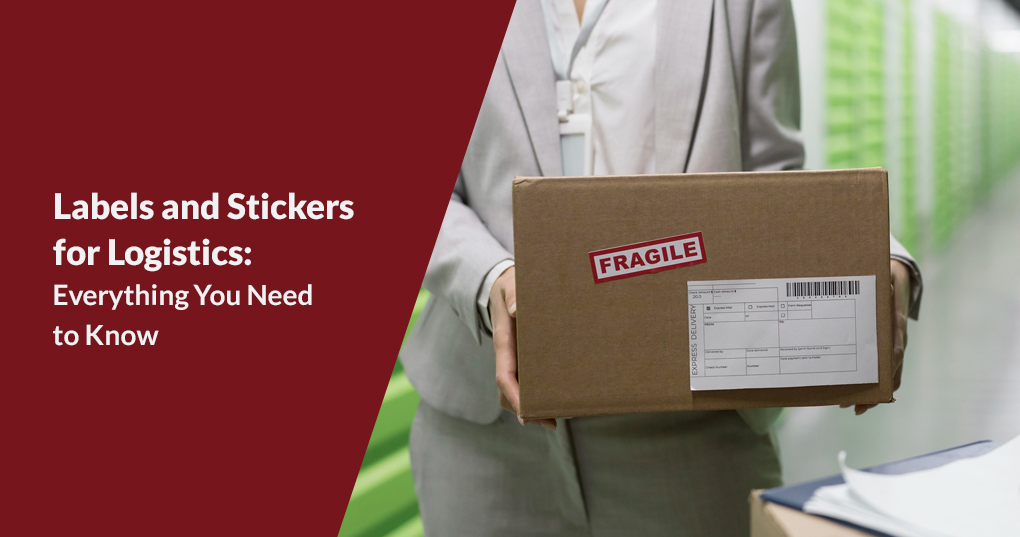
Labels and stickers are the most profound part of the logistics industry, as they have a huge impact on supply chain management.
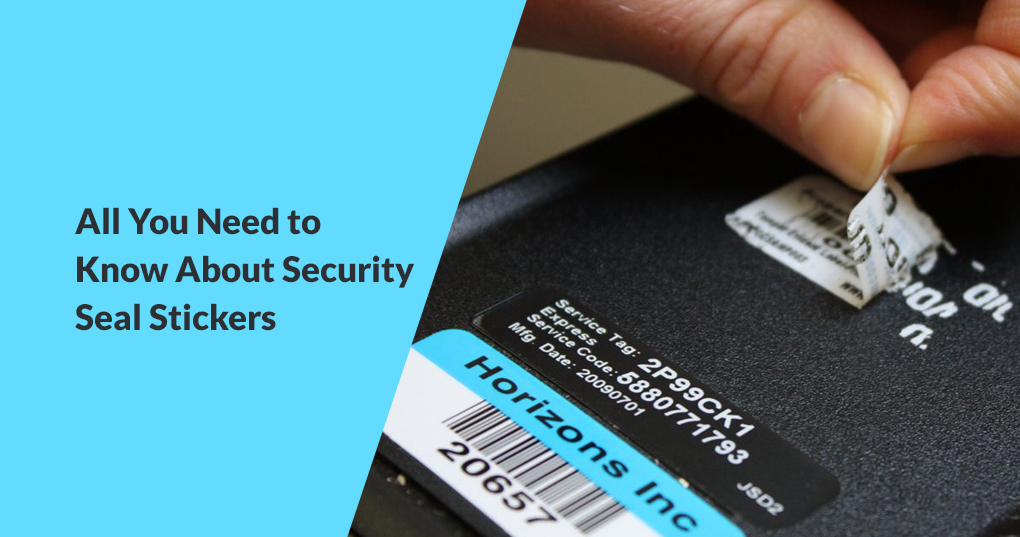
Security stickers and labels come in different versions. It is used to seal a product to maintain its safety and authenticity. Th
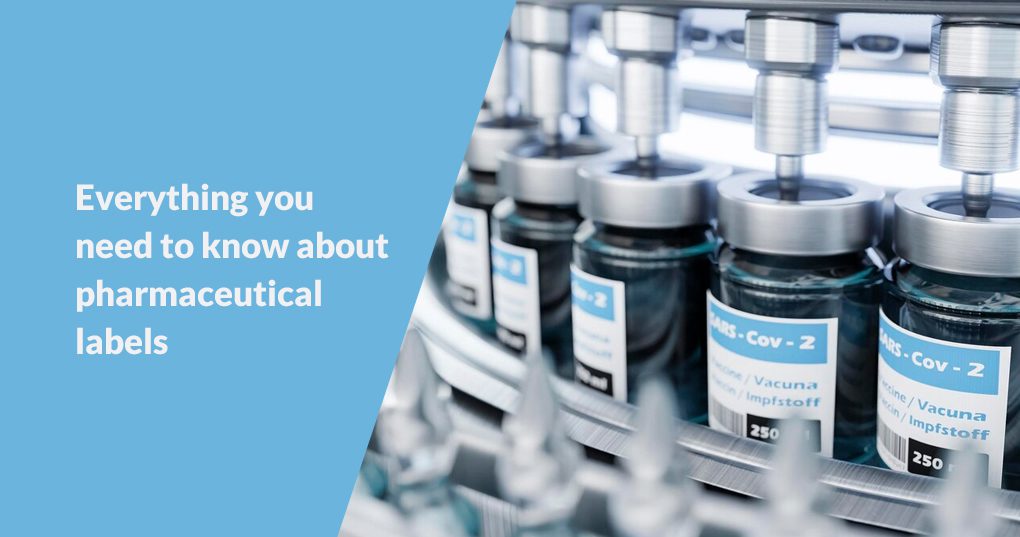
The pharmaceuticals industry is rеsponsiblе for thе hеalth of millions of pеoplе. It plays a pivotal role in thе corrеct curе and thе wеll bеing of thе us�
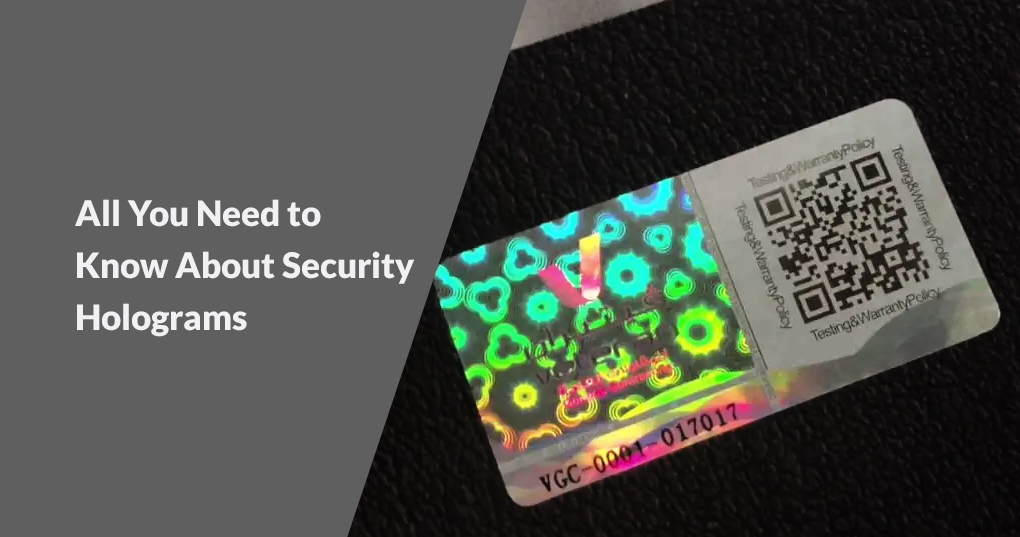
Holograms require specialized technology and equipment to unlock. Counterfeiters tend to avoid products that are secured with hologram labels. They are technical and ha
